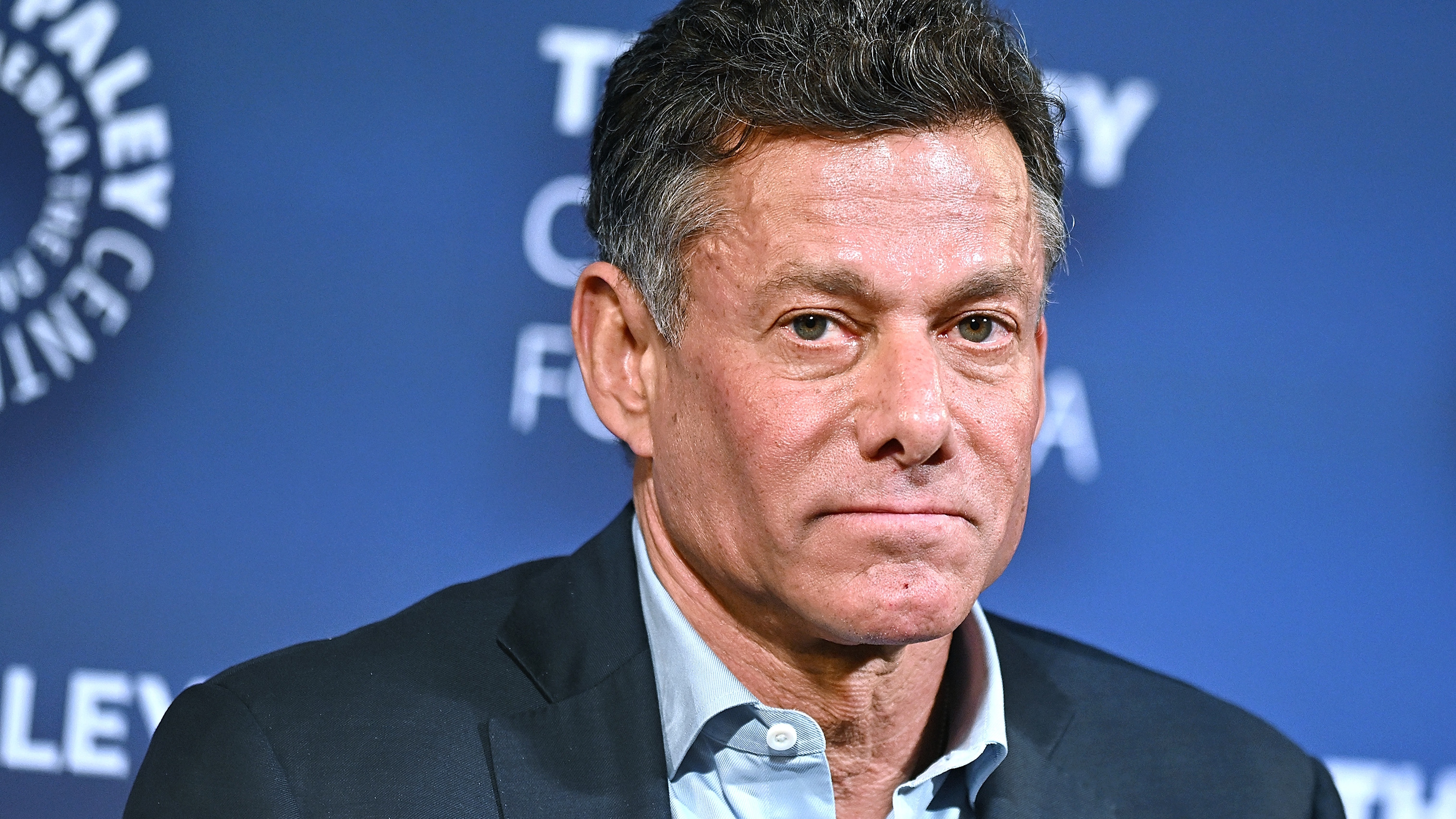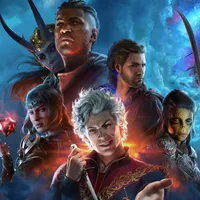AI is 'a combination of metadata with a parlor trick,' Take-Two boss says: 'A great thing' for business, but it's not creative and never will be
Strauss Zelnick shared his thoughts on the impact of AI on game development at today's Paley International Council Summit.

Take-Two chairman and CEO Strauss Zelnick has never been shy about sharing his thoughts on artificial intelligence, and he's been pretty consistent about it over the years, too. While some game industry CEOs see the rise of AI as an imminent revolution in revenue-generation (and yeah, sure, creativity and whatnot), Zelnick has always been a bit cooler on it: "Genius is the domain of human beings," he said in May 2023, "and I believe will stay that way."
And so he was today, speaking at the Paley International Council Summit in Menlo Park, California, where he said that the use of AI will "probably be able to create a bunch of efficiency" for game studios, but won't produce any hit games because it can't actually be creative.
"What AI is, is the combination of big datasets with a bunch of compute within natural LLM—a large language model," Zelnick told his audience. Leaning into an opinion he shared in an interview earlier this year, he continued, "And by definition, a data set is what? Backward looking. By definition, creativity is what? Forward looking. And to the extent that AI appears to be forward looking, it is what? A predictive model."
This, he continued, is where the wheels come off. Predictive models do their jobs very well when they have enough clear data, but are far less capable when they don't have as much to work with. AI seems so extraordinary now because it's "a combination of metadata with a parlor trick," a description I think really cuts to the heart of the thing, but it will become mundane in time—"we're all going to get used to it," as Zelnick put it—much like we did with Google.
Zelnick also predicted, as he has previously, that the advent of AI will not reduce employment, but will in fact increase it: "In 1865, 65% of the US workforce was involved in agriculture. Today we make food for America and food for the rest of the world. And 2% of the workforce is involved with agriculture. And I defy you to find anyone who recently said to you, 'It's so horrible, I can't get a job as a farmer.'"
(He used that exact same analogy in those prior comments about the impact of AI on employment, too. The man really is consistent.)
Despite his apparent doubts, Zelnick is not an AI naysayer—he just seems to more readily perceive its limitations than other game industry executives, or at least be more willing to call them out. "AI is a great thing," Zelnick said. "It's a great thing for every industry. Will it recreate or create genius? No. Will it create hits? No. It's a bunch of data with a bunch of compute with a language model attached."
Keep up to date with the most important stories and the best deals, as picked by the PC Gamer team.
2025 games: This year's upcoming releases
Best PC games: Our all-time favorites
Free PC games: Freebie fest
Best FPS games: Finest gunplay
Best RPGs: Grand adventures
Best co-op games: Better together

Andy has been gaming on PCs from the very beginning, starting as a youngster with text adventures and primitive action games on a cassette-based TRS80. From there he graduated to the glory days of Sierra Online adventures and Microprose sims, ran a local BBS, learned how to build PCs, and developed a longstanding love of RPGs, immersive sims, and shooters. He began writing videogame news in 2007 for The Escapist and somehow managed to avoid getting fired until 2014, when he joined the storied ranks of PC Gamer. He covers all aspects of the industry, from new game announcements and patch notes to legal disputes, Twitch beefs, esports, and Henry Cavill. Lots of Henry Cavill.
You must confirm your public display name before commenting
Please logout and then login again, you will then be prompted to enter your display name.


